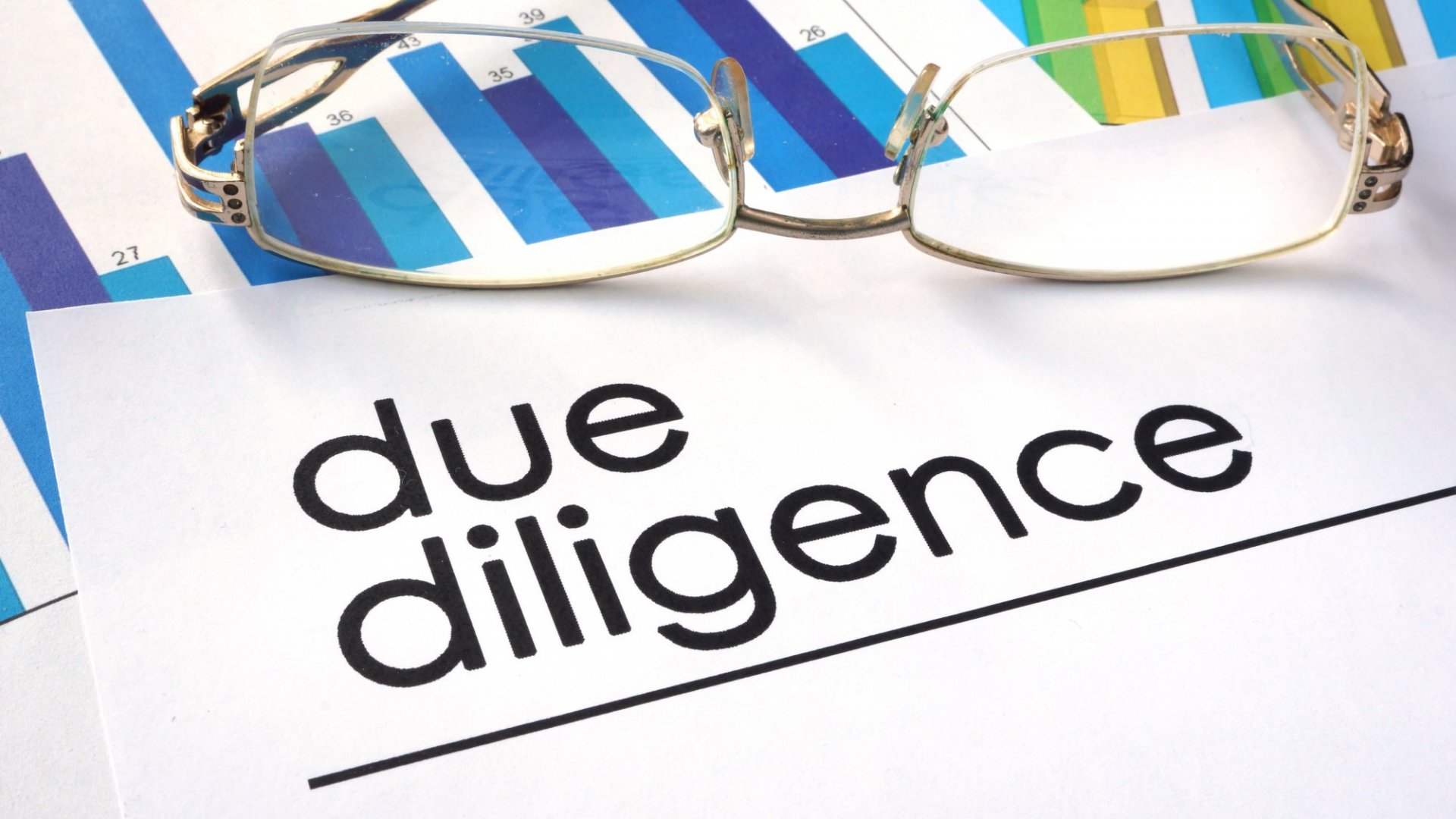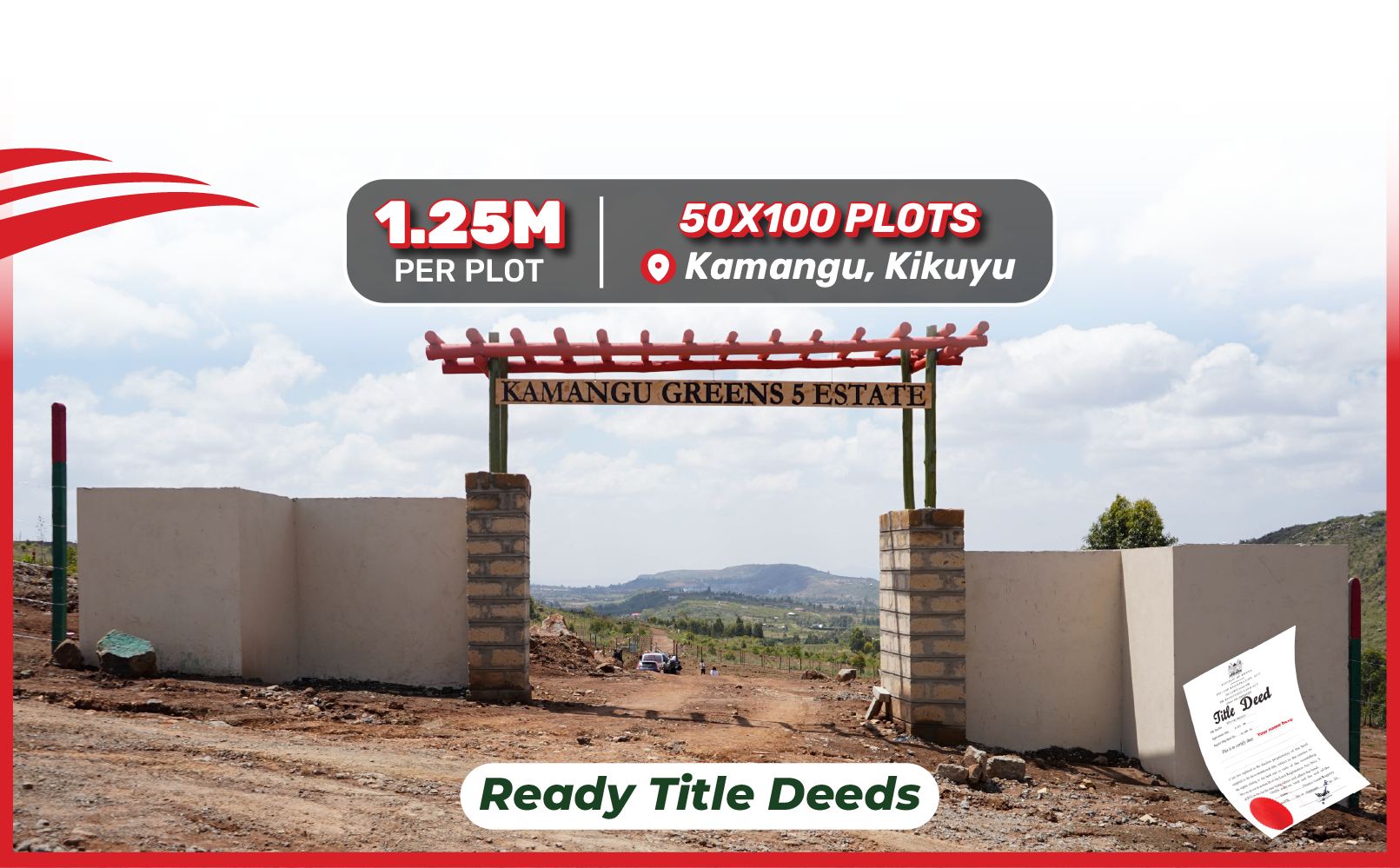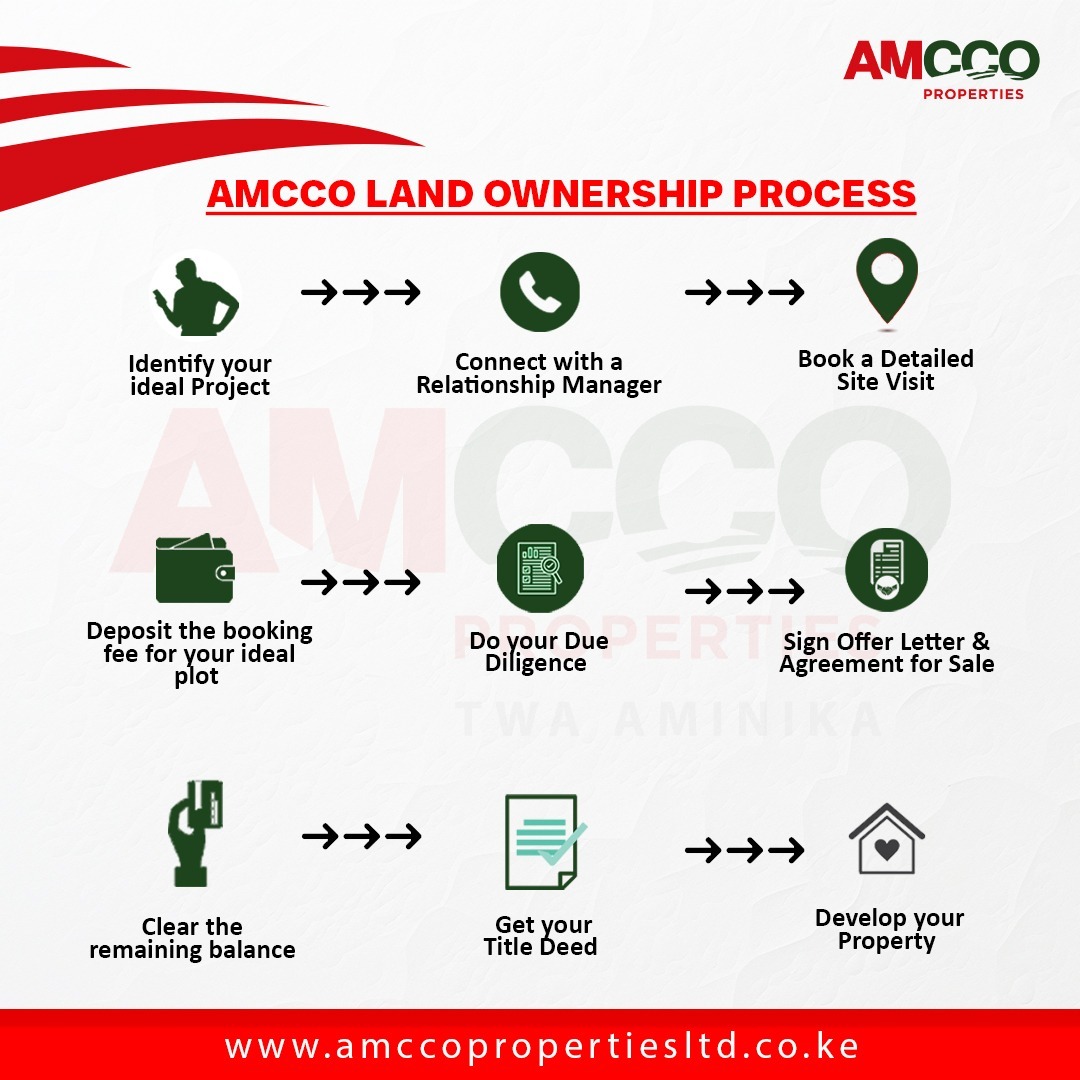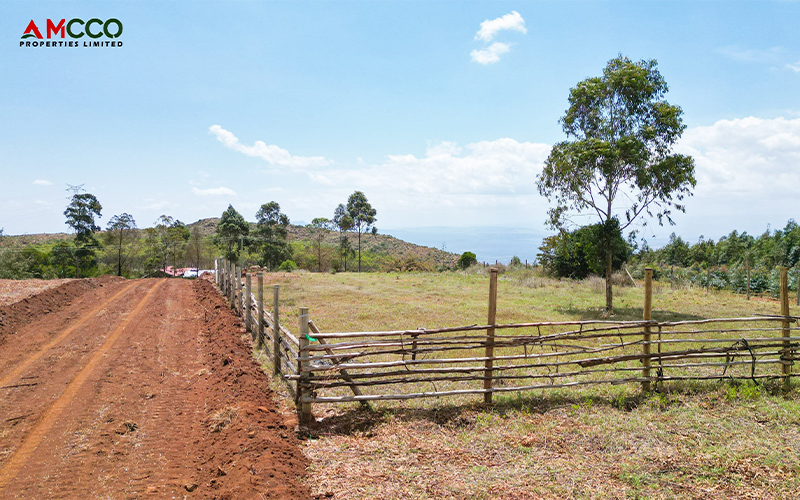HOW TO CONDUCT DUE DILIGENCE WHEN BUYING LAND IN KENYA
Conducting due diligence for a property transaction typically starts with an official search at the Land Registry. This search is essential to verify the property's ownership and to uncover any encumbrances or claims on the land.
To initiate this search, you or your lawyer will need to provide a photocopy of the title deed to the Land Registry. This step is crucial as it helps ensure that the property's title is clear and free from any legal issues that could affect the transaction.
Diligence entails the process of gathering and analysing information about a specific product or good before buying it. This normally takes place before a financial transaction is done. This is done so that the acquisition can be confirmed to be worth it. It is all about establishing the identity of the proprietors of the land, the actual size of the land, whether the land is encumbered, whether the property exists, and whether or not the ownership documents are in order.
 amcco plots.jpeg 254.11 KB
amcco plots.jpeg 254.11 KB
One should extensively investigate the history of a property before purchasing it or signing any agreement pertaining to such land to ensure their interests are protected and they are not taken advantage of.
Consider doing the following before you close on that deal:
Look into the Ndung’u Report: the Report of the Commission of Inquiry into the illegal or irregular allocation of public land, widely known as the “Ndungu Report,” is a report that details several properties whose title is contested due to land grabbing post-independence. A quick search on the Ndung’u Report will reveal whether the ownership of a land parcel is contested.
Going through the Gazette Notice on Conversion and Migration of Titles published by the Ministry of Lands and Physical Planning, coupled with an official search, will also enable the purchaser to determine whether the property is subject to an objection from any other person with an interest in the land.
Physical Due Diligence Inspection: This involves the physical surveillance of a property without just seeing it online; in other words, it helps in ascertaining the actual status and dimensions of the property, the boundaries and beacons, whether there are squatters in the property, and any restrictions in accessing the property. It is very much advisable that you do this before cashing in. It is also from these site visits that you will conduct inquiries from third parties such as local administrators, estate welfare associations, or the local wananchi to confirm whether the property is subject to local disputes that are publicly known.
Deep research and Inquiries into unpaid land rates or rent: for parcels of land that are subject to land rates and land rent, it would be important to confirm that the payments have been made in full by obtaining a Rent and Rates Clearance Certificate so that you are on the safe side to avoid drama from people or even the local government coming for you.
On the other hand, when conducting due diligence on a business, if i it’sabout a product or service you want to get, then there are normally 4four key points that you look into: w profitsFinancial risks, legal issues, and potential deal breakers.his process allows buyers to fully understand target companies in mergers and acquisitions.
The essence of conducting due diligence in business is to ensure that any decision taken regarding the company in question is an informed one. The due diligence process should only last between 30 and 60 days.
It basically involves digging through a business’s records, checking references, making sure everything checks out, and searching for items the business might have hidden. Also, consider hiring a professional lawyer to help you do this, for they know how to look for those missing dots that you may not be able to spot at the moment.
First, when starting the Due Diligence process, you will be presented with a confidentiality agreement with other business owners. The signature that you put on that paper proves that you have agreed with what the company is offering, and at no point will you waver from going and sourcing other additional information about the company.
After which, You proceed to a due diligence checklist with an accountant or lawyer who will take you through the due diligence process to ensure that you don’t miss a thing. For the record, it is advisable to have your own checklist that you will use to look at several aspects of the business.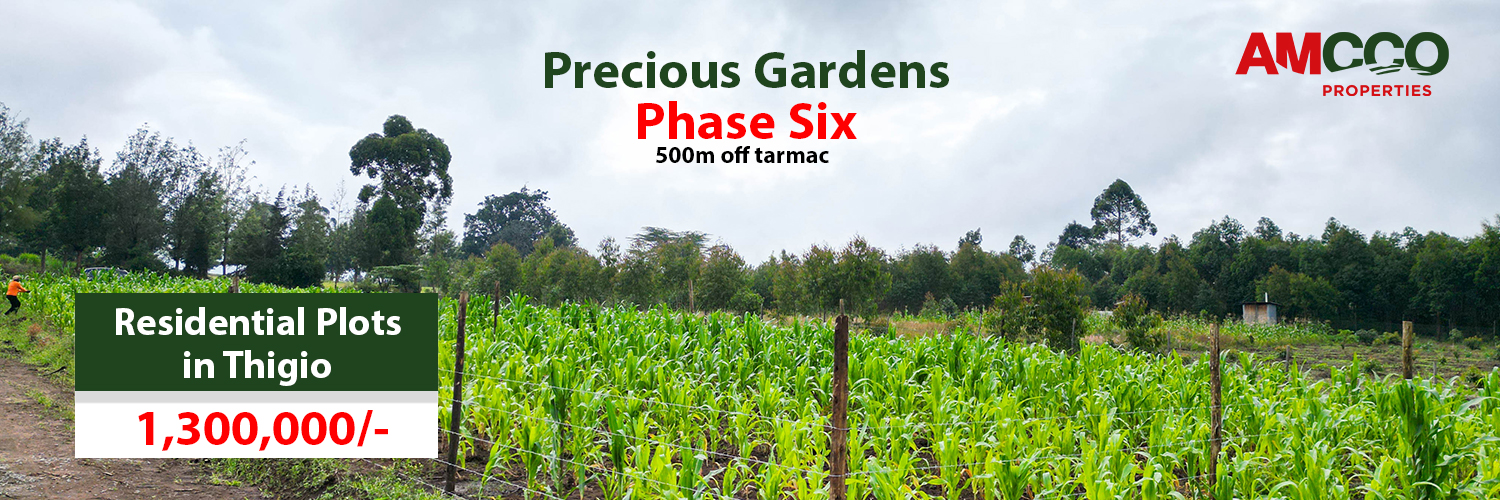 Untitled-1.jpg 818.5 KB
Untitled-1.jpg 818.5 KB
There are usually four types of Due Diligence which are Financial Due Diligence, legal due diligence, operational due diligence and tax due diligence. This is a mandatory look, as explained below, so that you know what’s going on.
Financial due diligence: This one Focuses on the financial performance of the company until the present date and also ensures that the numbers presented in the financial statements are accurate and sustainable. And here you will just look at the consistency among accounts, assets, and maybe historical trends of the company.
Legal due diligence: This, on the other hand, focuses on all legal aspects of the company and its relationships with its stakeholders. It can also help you see the hidden risks.
Operational due diligence: This looks at the company’s operations—essentially an overview of how the company turns inputs into outputs.
Tax due diligence: Focuses on all of the company’s tax affairs and ensures that its tax liabilities are paid in full to date. Due diligence in tax also looks at how a merger would affect the tax liabilities of the new entity created by the transaction.
Now let’s jump into the importance of Conducting Due Diligence as explained above.
It enables companies to undertake these transactions from an informed standpoint.
Disclaimer: If you fail to do your due diligence, you might make a purchasing mistake.
The person you are buying from might try to leave out details or fudge numbers to hook you up and take advantage of you, and you definitely don’t want that.
Save yourself the trouble and do it.
For more information on how you can start your land owning journey, contact us Amcco Properties via 0701293199.
